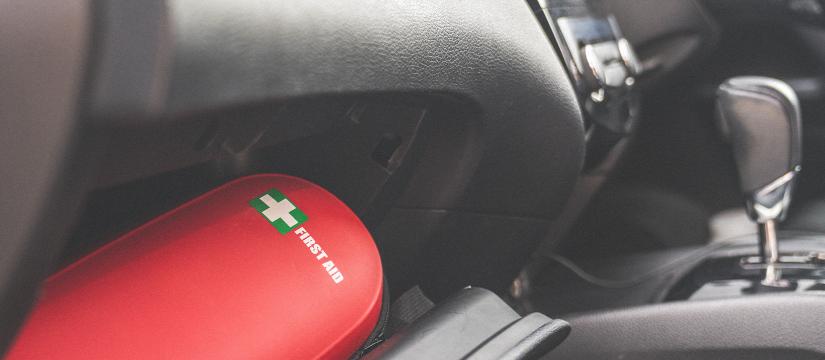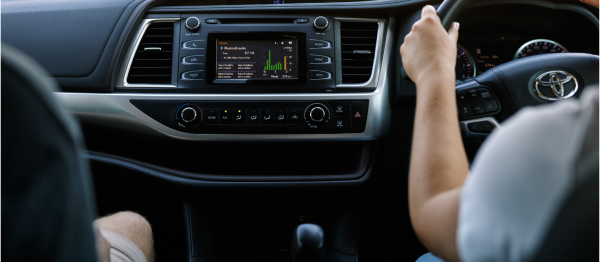Get a quote
IAG_IP_STATE
- ACT
- NSW
- NT
- QLD
- SA
- TAS
- WA
Please select your state
- CTP Insurance
- MAI Insurance ACT
- Car insurance
- Home insurance
- Residential Strata insurance
- Holiday rental insurance
- Travel insurance
- Motorcycle insurance
- Business insurance
- Boat insurance
- Home and business alarms
- Caravan insurance
Please select insurance type
- CTP Green Slip
- CTP Insurance
- MAI Insurance ACT
- Comprehensive
- Third Party Property Damage
- Third Party Fire & Theft
- Classic Car
- Home Buildings
- Home Contents
- Home Buildings & Contents
- Landlord Insurance
- Single Item Insurance
- Residential Strata
- Holiday Rental
- Travel
- Comprehensive Motorcycle
- Motorcycle Third Party Property Damage
- Classic Motorcycle
- Public Liability
- Commercial Motor Vehicle
- Public Liability for tradies
- Professional Indemnity
- Professionals
- Retailers
- Hospitality
- Motor Trades
- Domestic Services & Repairs
- Health & Medical Services
- Home Business
- Boat
- Home Alarm Systems
- Home CCTV surveillance
- Business Alarm Systems
- Business CCTV surveillance
- Alarm monitoring & response
- Caravan
- Motorhome
- Trailer



